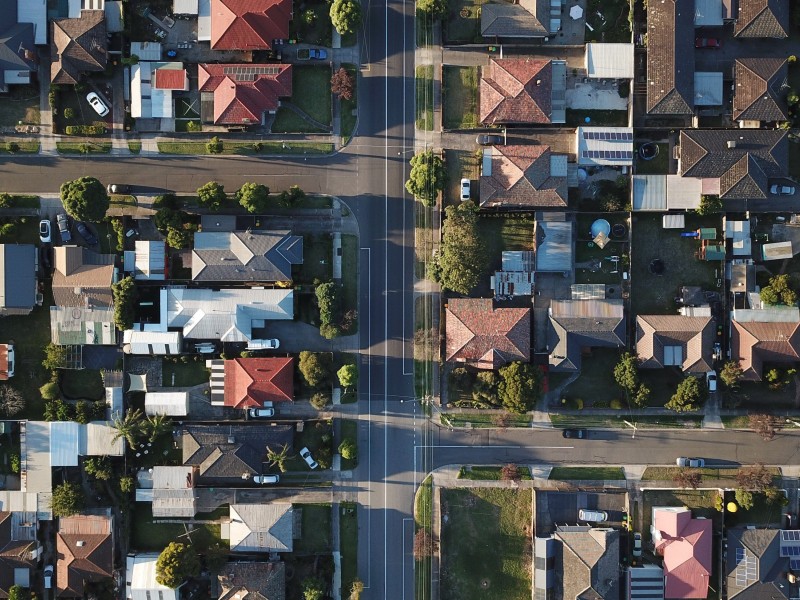The average Kiwi is paying rent that takes 30-50 percent of their income.
Paying such a substantial amount tends to cause severe stress on the individual as it leaves little money to afford the essentials such as utilities, health, and education.
Research advisor Kay Saville-Smith said renting prices heavily affect university students as they are more likely to struggle to be first-home buyers.
"The more the housing market rises, the more competition there will be for those finding it difficult to purchase which is why it's crucial to regulate rental prices."
She claims the root of all problems starts with the low production of new houses, making it extremely unaffordable for those on minimum wage incomes.
"People don’t recognise how low the prices need to be."
Students are currently a prime example of a demographic struggling to pay off their $50-60,000 student loan, let alone purchase property.
UCSA President Pierce Crowley said as cost of living pressures continue to increase, it's getting more apparent young people are struggling.
"Students need housing. Thus, they are forced to find a way to pay for increasing rental costs as they rise."
He said this has many flow on impacts.
"It can range from not being able to socialise with friends and needing to cut back on extra-curricular activities, to more serious consequences, such as not having enough money for food."
The UCSA has seen an increase in many seeking rent relief and hardship payments from various hardship funds - something they've rarely seen in previous years.
He also claims students are being forced to flat in transient housing situations because of their circumstances.
"Students aren’t cash cows, even though some landlords seem to think that they are."
Crowley is worried that it's only getting worse from here.
"With student loans and the prevalence of cheap debt, students have taken on a far larger debt burden than previous generations," Crowley said.
"Couple this with the rise costs of essentials, and the previously reasonable goal of buying a home in the future seems more and more distant for young people today."
University of Canterbury student Alex Hopa-Park tends to agree.
Living in Timaru before studying for a Bachelor of Sports Coaching, Hopa-Park relied heavily on finding a flat close enough to the university.
"It was a super stressful time trying to find accommodation along with full-time studying. Every time we attended a viewing, another 50 students were hoping to get the same flat."
Hopa-Park is currently paying $224 a week for renting including wifi, power, and a park, compared to many of her friends who pay $150-160.
"We don’t mind having to pay that much because we need to live under a roof, however, I've found myself in situations unable to afford to buy clothes and sometimes resulting in cheap meals."
This detrimental effect leaves Hopa-Park and her flat mates planning out their spending every Sunday for the week ahead.
But in regards to getting into first home buying, Hopa Park said she needs to get through her study first.
"No point in worrying about the pending future when I have to spend all my income to be able to live."
She believes every person studying deserves extra support through the student allowance.
"It's unfair we have to pay to study, to hence help the world."

